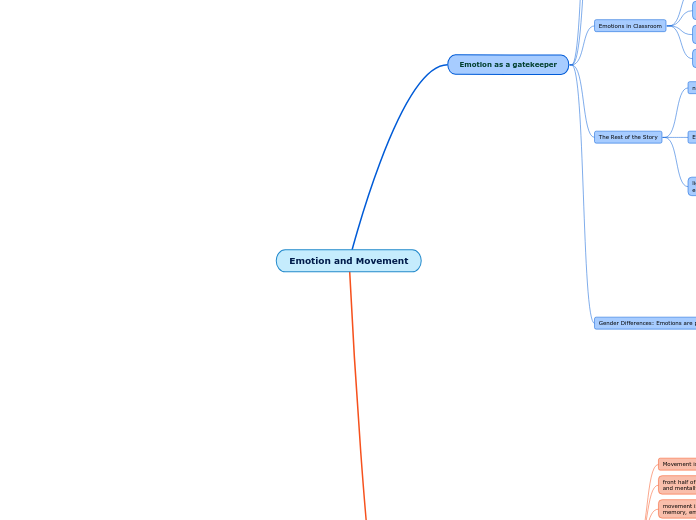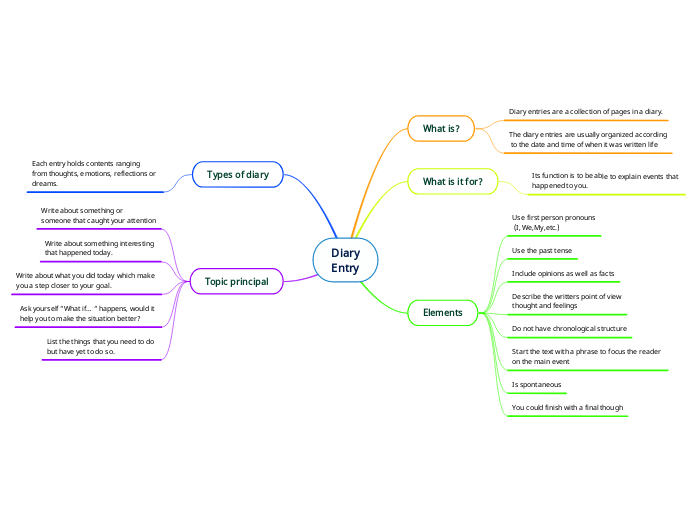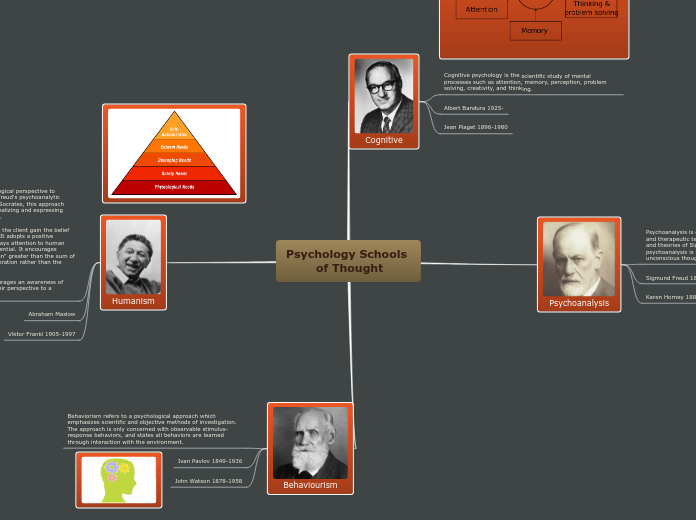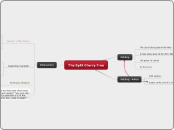Emotion and Movement
Movement to Enhance Learning
Gender Differences
project based learning and field trips are learning by doing
wired to be in motion so learning at desks is antithesis of effective learning
Eye structure is geared to motion. anything will catch their attention
Retina is larger and thicker which tracks objects anywhere in field of vision
In art, boys draw verbs
Boys focus on movements
center field of vision is better designed to focus on worksheets
Retina is smaller and thinner which are concetrated in center of the field of vision
In art, girls draw nouns
What Brain is telling us
physical activity is important for attention, concentration, memory, behavior and making connections.
teachers should redirect instruction to being there experiences instead of traditional resources
in classrooms: being told to sit still and not move is counterproductive
aerobic exercise kickstarts brain chemicals essetial for forming new memories and wiring learning into long term memory
mimic is movement based
movement is crucial for planning and executing plans, memory, emotion, language and learning
front half of brain is devoted to organizing action physically and mentally
Movement is essential
Subtopic
Emotion as a gatekeeper
Gender Differences: Emotions are processed differently
Boys:
verbal processing are more connected in brain
boys can be mean to each other and then be better friends than before
stress enhances growth of neural connections in hippocampus
stress improves learning
less motivated unless it is interesting
less likely to affiliate with adult goals
Girls:
emotions are well connected in brain
girl fights are more silent and full of tension until there is no friendship
stress impairs learning because it inhibits growth of hippocampus connections
more likely to listen to adults and see perspectives
eager to please teacher
More likely to do homework even if it's not interesting
The Rest of the Story
ligands communicate (inform, regulate and synchronize) to endocrine, neurological, gastrointestinal, and immune system
Emotions drives our attention
behavior and etc.
problem solving
memory
drives learning
neurons grow dendrites and axons
Electrical impulses travel down axon, jump synapse to dendrites of next neuron.
Emotions in Classroom
Testings is scary for students. Practice movement and breathing activities to help cope.
Teachers should take 'emotional temperature' during daily greetings will help comfort students who are anxious or fearful
Teachers should provide right there experiences so that students make connections.
prefrontal cortex are active during emotional experiences
How Emotions affects learning
Cingulate gyrus connects the 2 hemispheres helps resolve situations. Reviews the sensory info and determines if is important and decides to release info to prefrontal cortex for a final decision.
hippocampus helps form and find long term memories which are stored elsewhere in cerebral cortex
Hypothalamus unleashes chemicals to fight, flight or freeze.
Amygdala in the frontal portion of temporal lobe. Sensory info goes to amygdala from thalamus or from various sensory cortexes.
Amygdala sends signals to hypothalamus of danger
Thalamus (relay station) receives, sorts, and forwards all input from sensory organs
Learning from Fear
Emotions are processed throughout the entire brain all the structures
cingulate gyrus / limbic system
hypothalamus
thalamus
hippocampus
amygydala
controls what the cerebral contex processes and stores in long term memory.
Emotions filter incoming sensory input
Emotions are a function of the entire bodybrain









